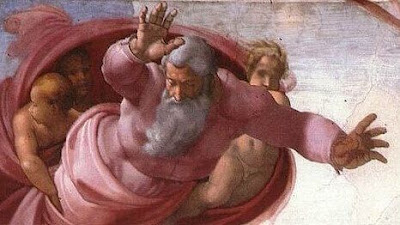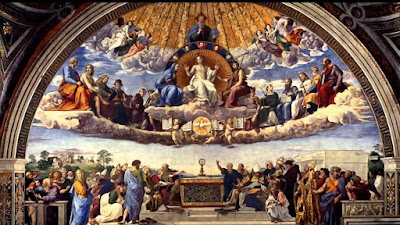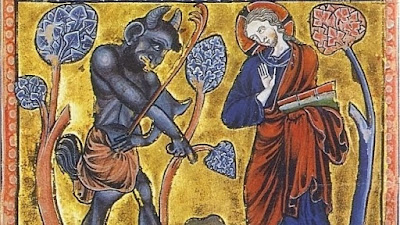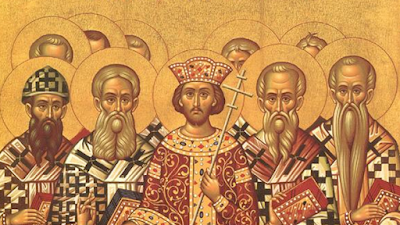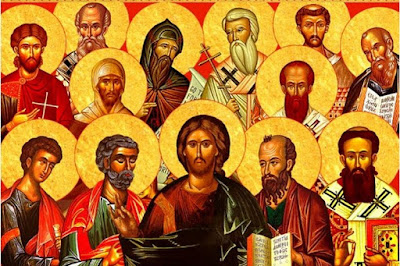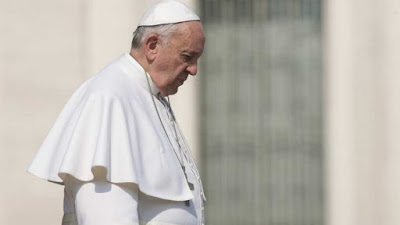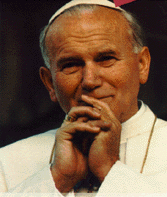The Baltimore Catechism Explained | Lesson 3: On the Unity and Trinity of God

Our Lady of the Rosary Family Catechism Fr. Anthony Pillari JCL, MCL, STD Lesson 3: On the Unity and Trinity of God Welcome to the third lesson of Our Lady of the Rosary Family Catechism – On the Unity and Trinity of God. In the name of the Father, and of the Son, and of the Holy Ghost. Amen. O Jesus, I choose to live this day, for love of Thee, for the conversion of sinners, and in reparation for the sins committed against the Immaculate Heart of Mary. Amen. In our last lesson we began to learn about God and His perfections. Today we will learn about the unity and Trinity of God. That is, we will begin learning about a mystery that we can only know because God has revealed it. We can only know it because God has taught it – that He is three Persons in one God. Listen to what happened when Jesus came to John the Baptist in the River Jordan and gave us a glimpse of the Holy Trinity. John the Baptist, the cousin of our Lord, had been given the mission of preparing people for the
